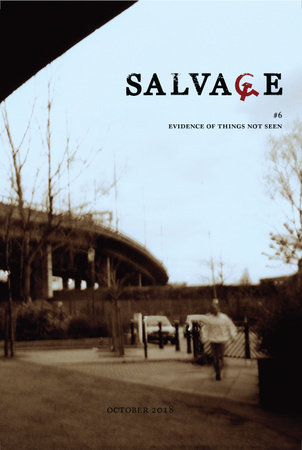limn
(en)
(verb) depict or describe in painting or words; suffuse or highlight (something) with a bright color or light
Highlighted phrases
Skin luminescent, her green eyes limned with tears as she spoke to me.
this community being nothing other than sexual society as limned by the males who scripture & epic
these poems limn a speculative architecture of what common life could be
this description of Wallace's primary purpose limns seamlessly with [...]
Perhaps Wallace's ECT experiences are limned in the story's EEG leads and wires
There was no reason to think that limning a hopeless condition would show a way out
The sound of hauntology, as limned out by Fisher and Reynolds, is a corrupted one, born of the very fallibility of analogue recording mediums
Or they walk down the other side, past the ruins of the cloisters. Limn the way they first met only by omission, deliberately direct their feet in a negative outline of the place where it all began
When men have existential crises—when Richard Ford, for instance, limns the male at midlife—it doesn’t get called by some dumb hormonal name. It’s a “universal human experience.”
Even at that most elementary level, what’s being limned is a world of winners and losers
spontaneous testimonials that limn how employees perceive their company and work
Salvage #6: Evidence of Things Not Seen
by
multiple authors
Salvage #6: Evidence of Things Not Seen
by
multiple authors
Salvage #6: Evidence of Things Not Seen
by
multiple authors
it is sacralisation, rather than an always-already failing linguistic striving in, and for the limning of, social hell
From Kevin Phillips, to Lee Atwater, and now Steve Bannon, there has been a consistent strategic limning of an inner societal war
both the Trickster and the troubador are limned in an antediluvian era
my expanding body limned by the spectral outline of a prior, skeletal self
Tightly controlled scenes avoid the pointlessness and repetition of the nouveau zombie films, limning class struggle in unexpected ways
The Depression was not just an urban phenomenon limned in Warner Bros. gangster films and Gold Diggers musicals
a portrait limned by the convergences of language and the divergences of class
pulp science fiction from the thirties can be read to limn the prejudices, fears, hopes, and other attitudes prevalent in the years leading up to WWII
I like Rooney when she gloats and strives, when she is limned with the angry light of ambition
The argument about ‘fake news’ is thus further limned by a folk history of intellectual decline
to limn and to limit
to call the frame into question is to show that the frame never quite contained the scene it was meant to limn
quoting Judith Butler, Frames of War, p9
Chaudhuri’s opening to an essay in his new collection, The Origins of Dislike (2018), limns well the sort of thinly conscious generalized bias his modernism had to work against.






















